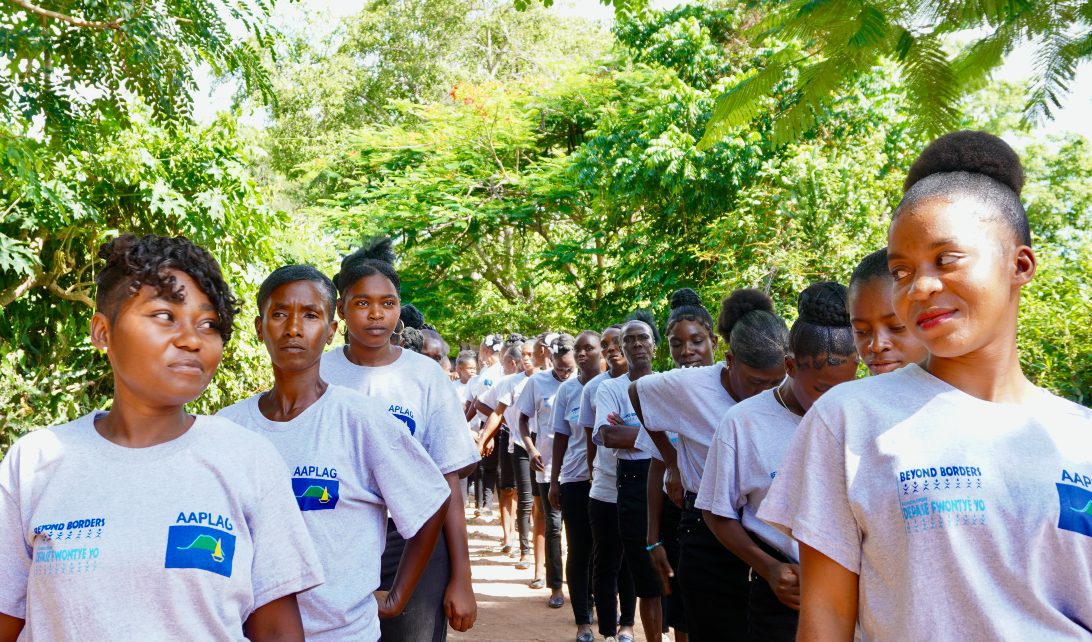I’m writing to share with you the actions that we are taking now to help people in Haiti prepare for COVID-19 (coronavirus).
While we are unaware of any confirmed cases in Haiti at this point, we have little confidence that anyone with symptoms would be able to find a place in Haiti where they could be tested.
That is why we are acting now to reduce the risk of transmission among our staff and the populations we serve.
As you know, much of our work happens in gatherings of grassroots leaders, parents, teachers, local elected officials, and people from all walks of life.
They come together to share, to learn, and to leverage their collective power to ensure that their communities are free of child slavery and violence against women, that every child goes to a good school, and that dignified work feeds the souls and bodies of each and every one of their neighbors.
Doing this in the age of the coronavirus will be challenging, to be sure.
We are committed to working with communities to implement measures designed to prevent the spread of the virus just as we did during the deadly cholera outbreak that began in October 2010.
As we did then, we will promote safe handwashing and other preventative practices at all of our trainings, offices, and gatherings of any kind.
We’ve installed handwashing stations at each of these locations, and we are requiring all visitors to our offices and participants at our meetings and trainings to wash their hands according to the guidelines issued by the U.S. Centers for Disease Control.
We are also copying and distributing widely a Creole-language poster with instructions on preventing the spread of coronavirus developed by Haiti’s Ministry of Health.
Additionally we are supplying hand sanitizer to all of our offices and to our staff members to carry with them in the field, and we’ve begun using bleach to wipe down frequently touched surfaces like door handles and chairs.
We have also suspended all donor delegations and international travel to Haiti through April.
Given the rapid pace at which the coronavirus is spreading globally, we will be constantly re-evaluating these measures to determine their effectiveness, and we are prepared to follow any orders issued by the Ministry of Health — including the cancellation of trainings and meetings as warranted.
While COVID-19 can infect anyone regardless of their wealth, race, or national origin, people in Haiti face extra risks. Widespread hunger leaves the poorest more vulnerable to infection, and health systems — where they do exist — are already stretched extremely thin. In much of rural Haiti there is essentially no health system at all.
What Haiti is rich in is solidarity among neighbors who often make stunningly generous sacrifices for one another. As the world begins practicing and encouraging social distancing to slow the spread of this virus, we would all do well to draw courage from our neighbors in Haiti who have learned through many hardships the supreme value of solidarity.
Gratefully,
David
| David Diggs |
| Co-Founder & Executive Director | Beyond Borders |
| P: 202-686-2088 |
| E: ddiggs@beyondborders.net |
| A: 5016 Connecticut Ave NW, Washington, DC 20008 |



